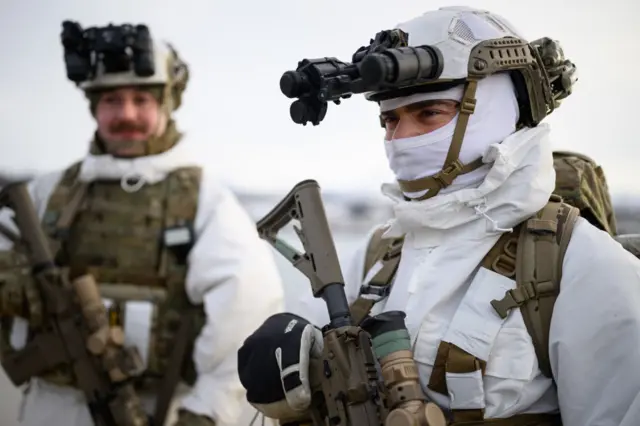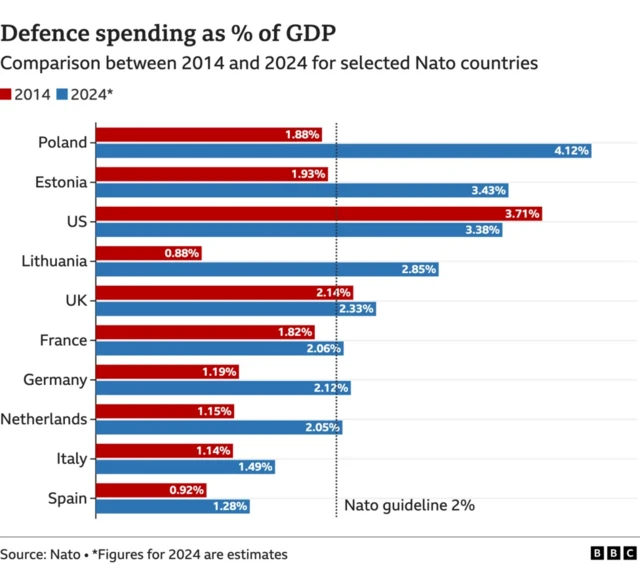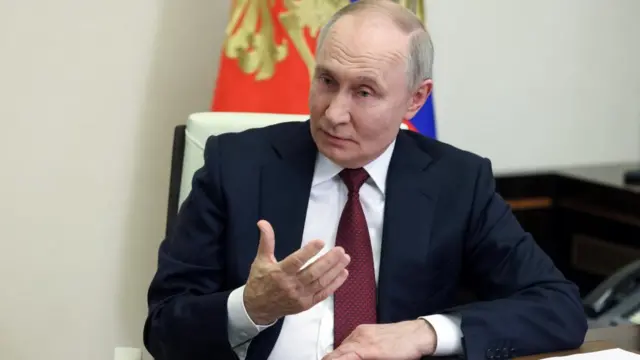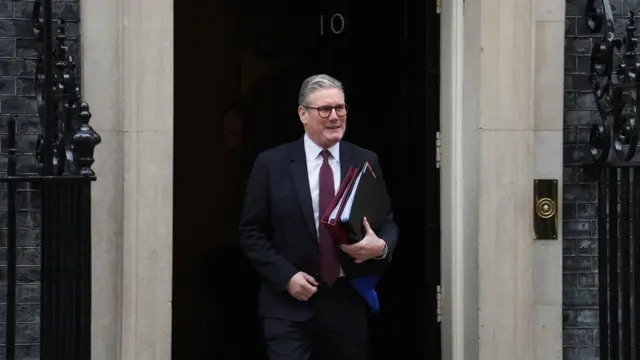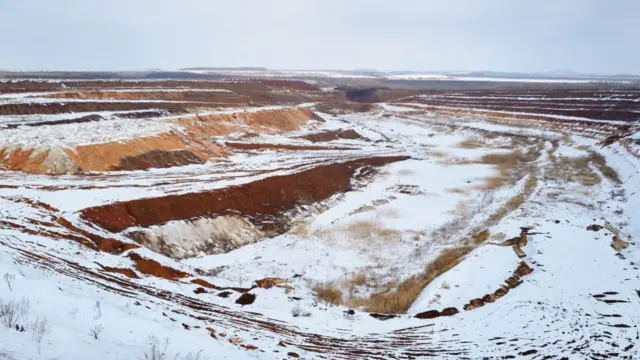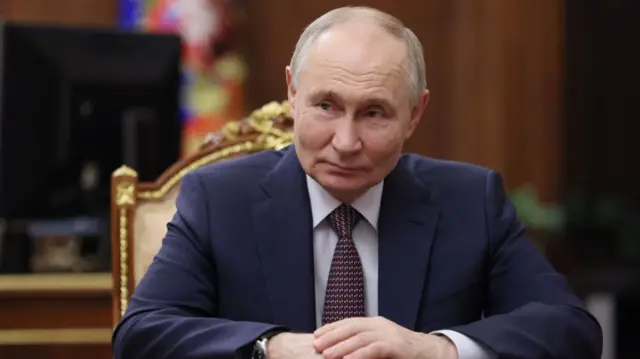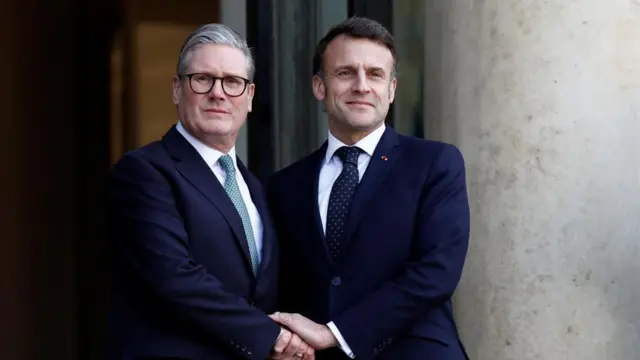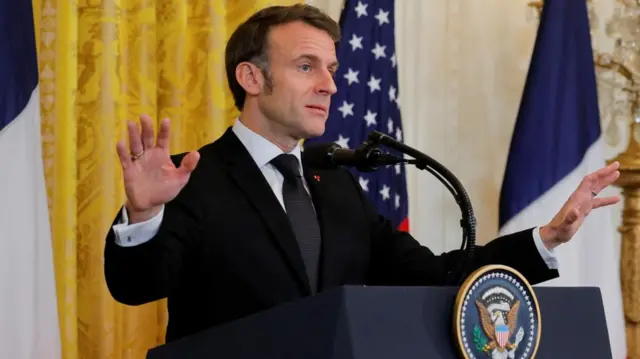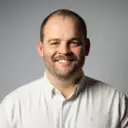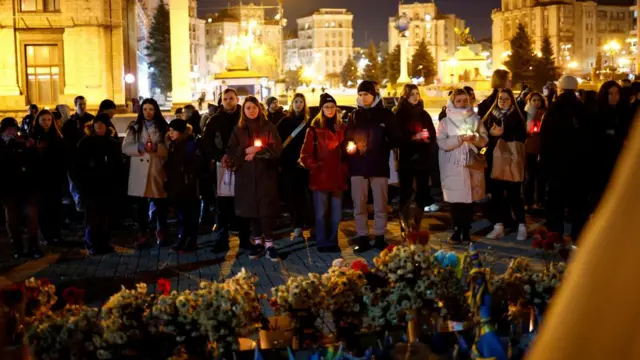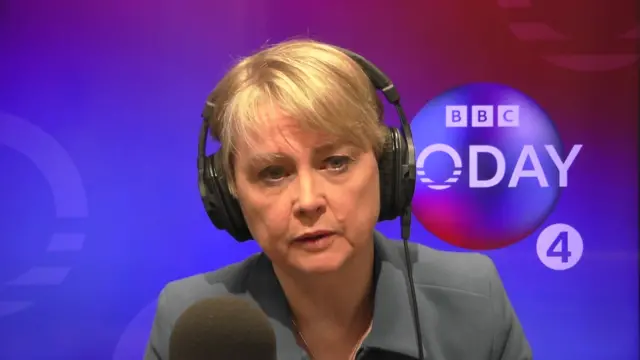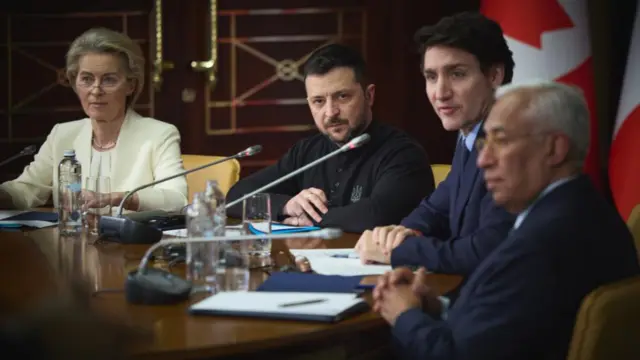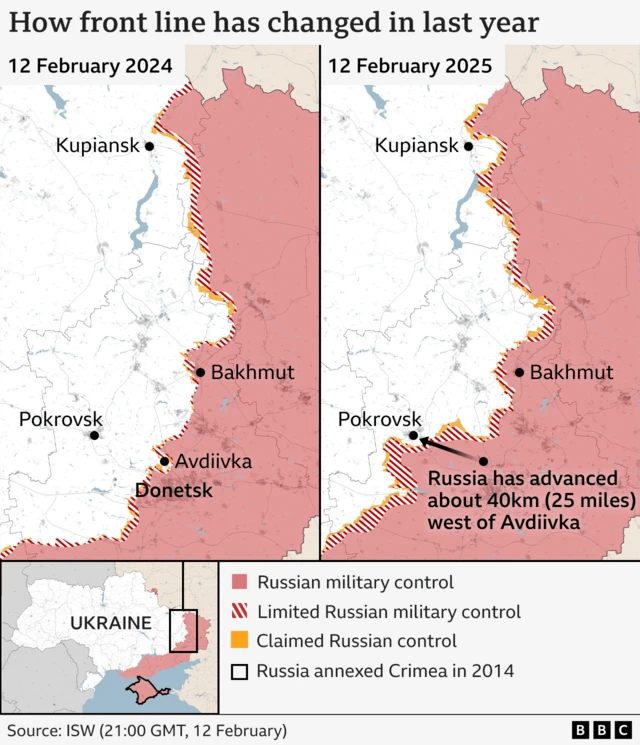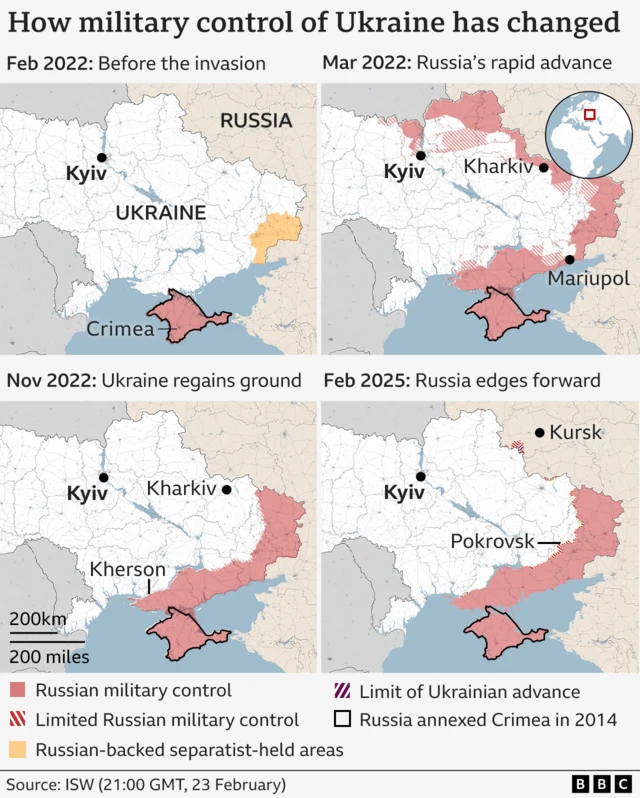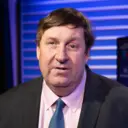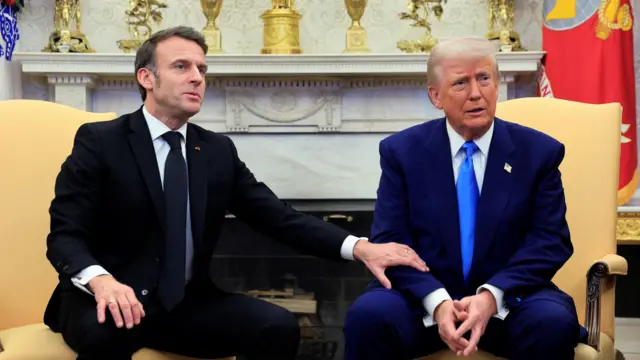UK must deploy all of our resources to achieve security - Starmerpublished at 12:39 GMT 25 February
Prime Minister Keir Starmer begins his address in the Commons by saying that Nato and Britain's international allies can trust that his government will "put our collective security first".
He speaks about Labour's historical record when Nato was founded, and says the historical load to fulfil our duties is not as light as it once was.
These times demand a united Britain and we must deploy all resources to achieve security, he says.
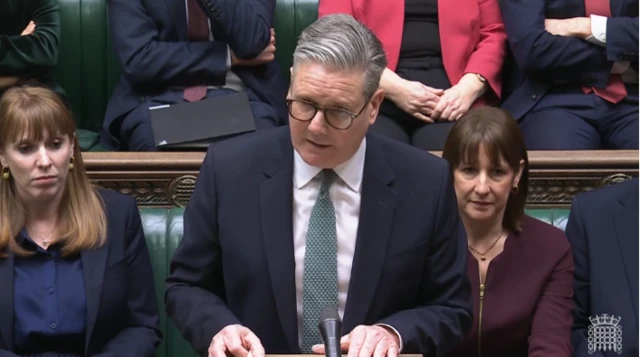 Image source, House of Commons
Image source, House of Commons